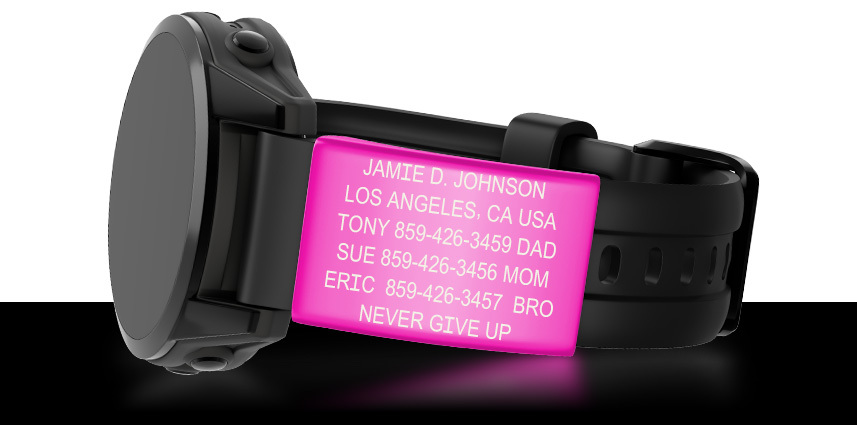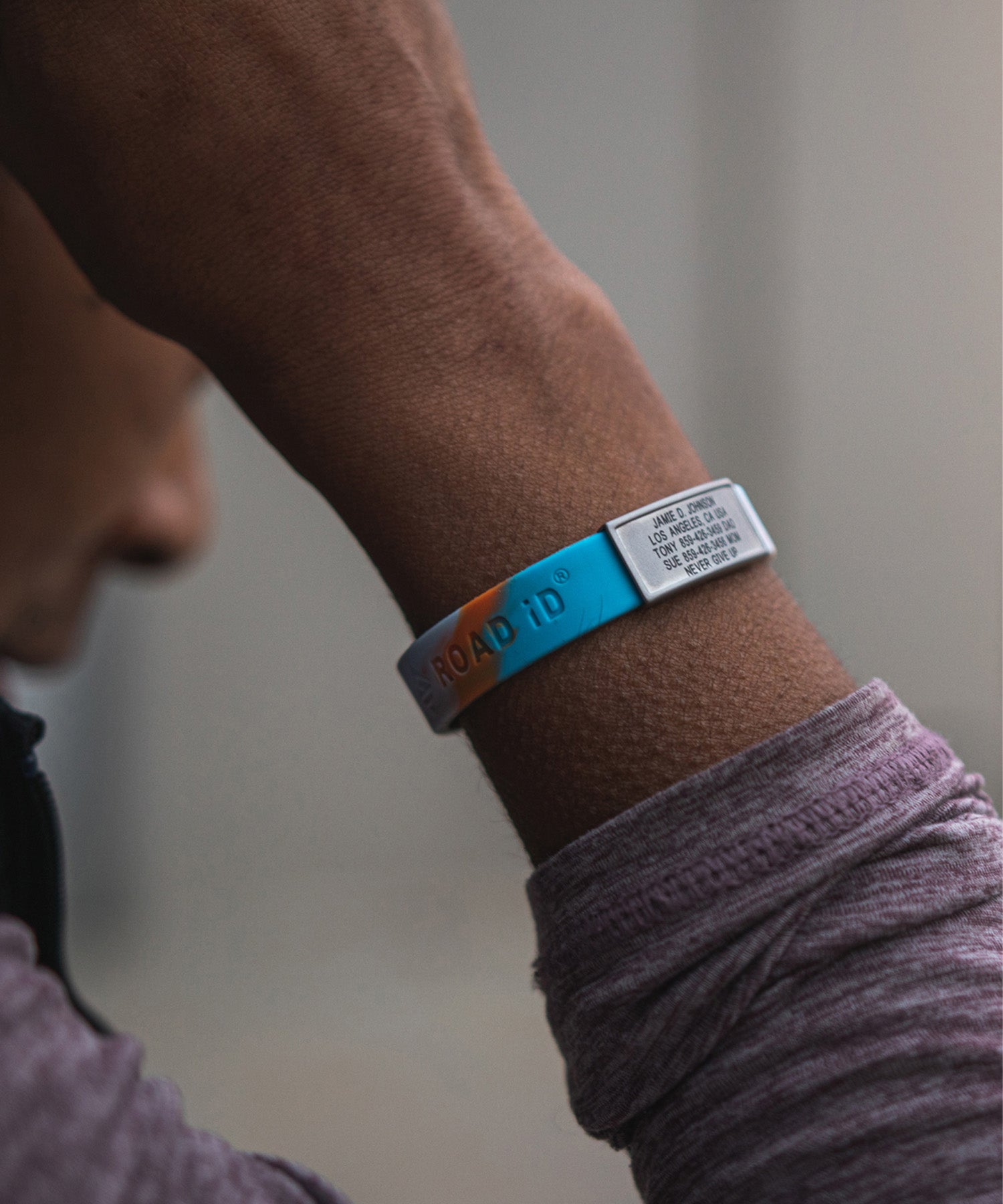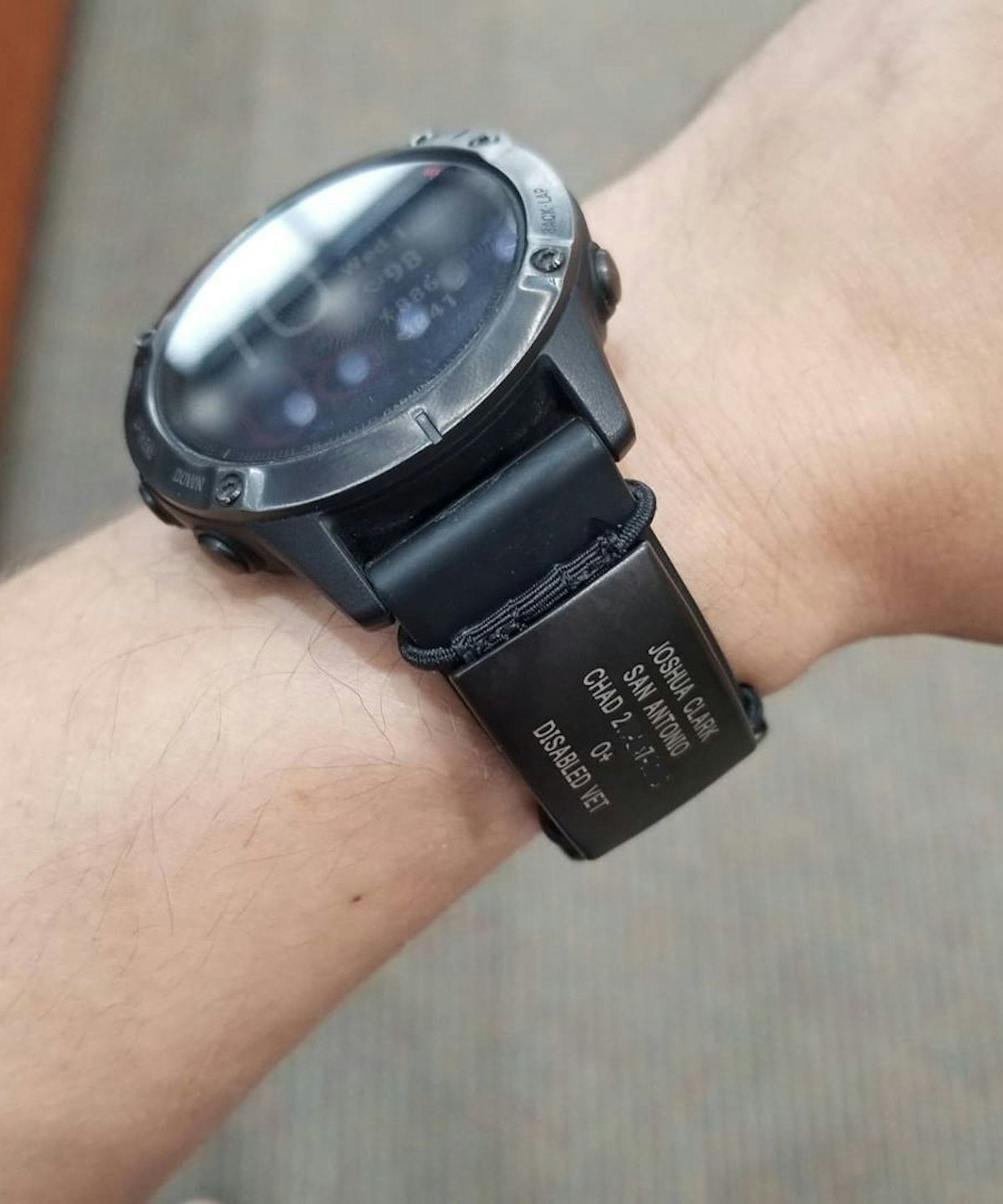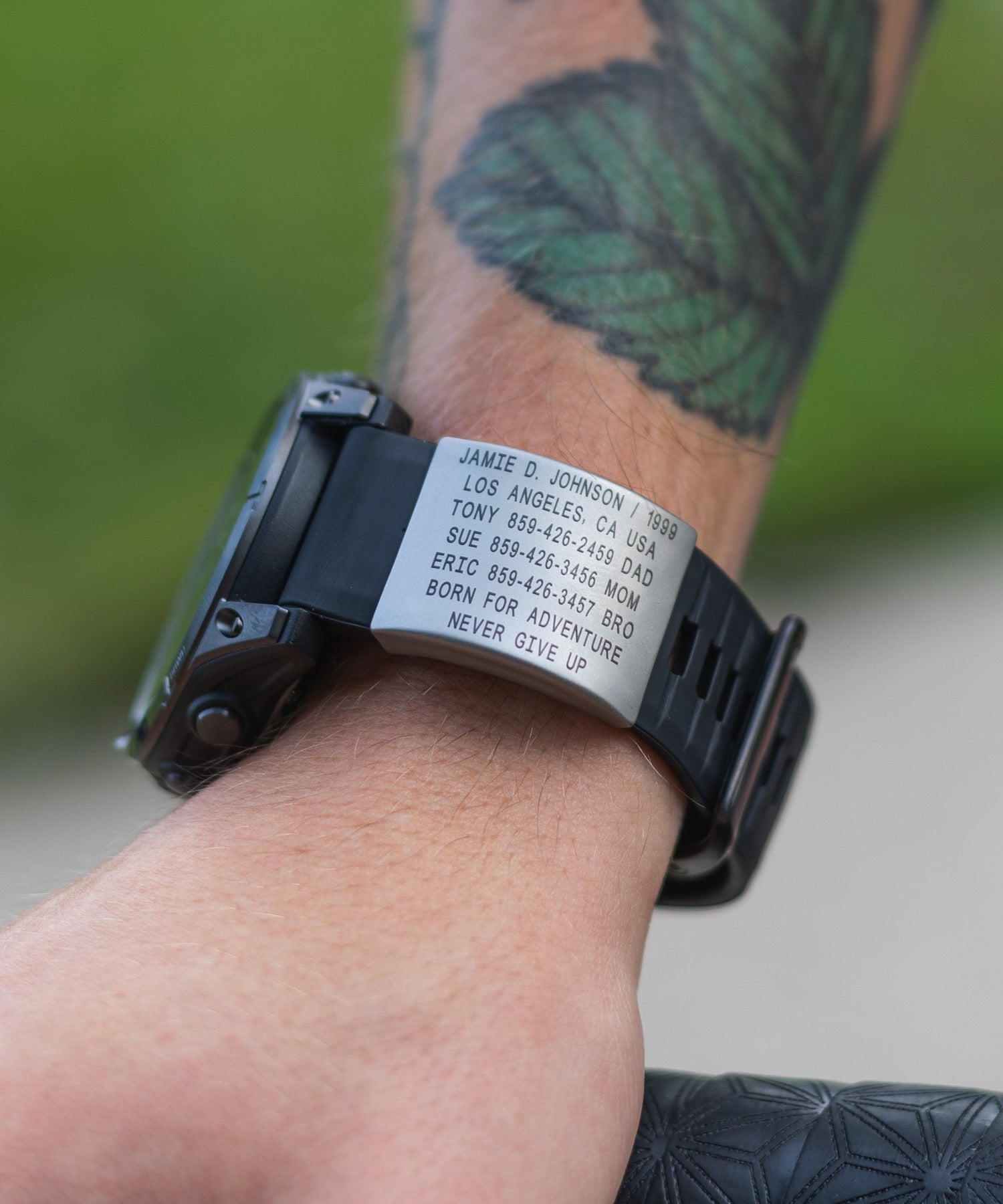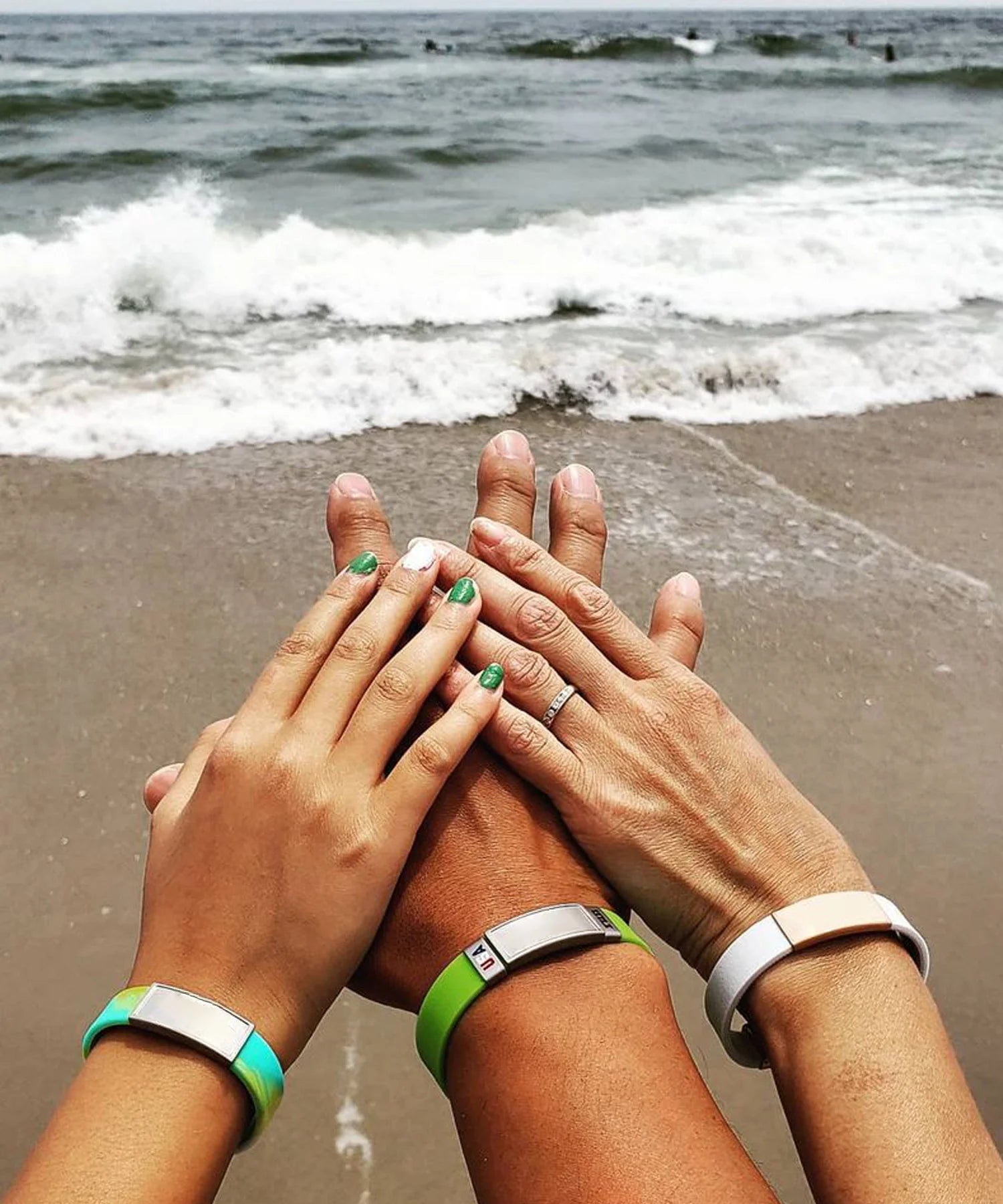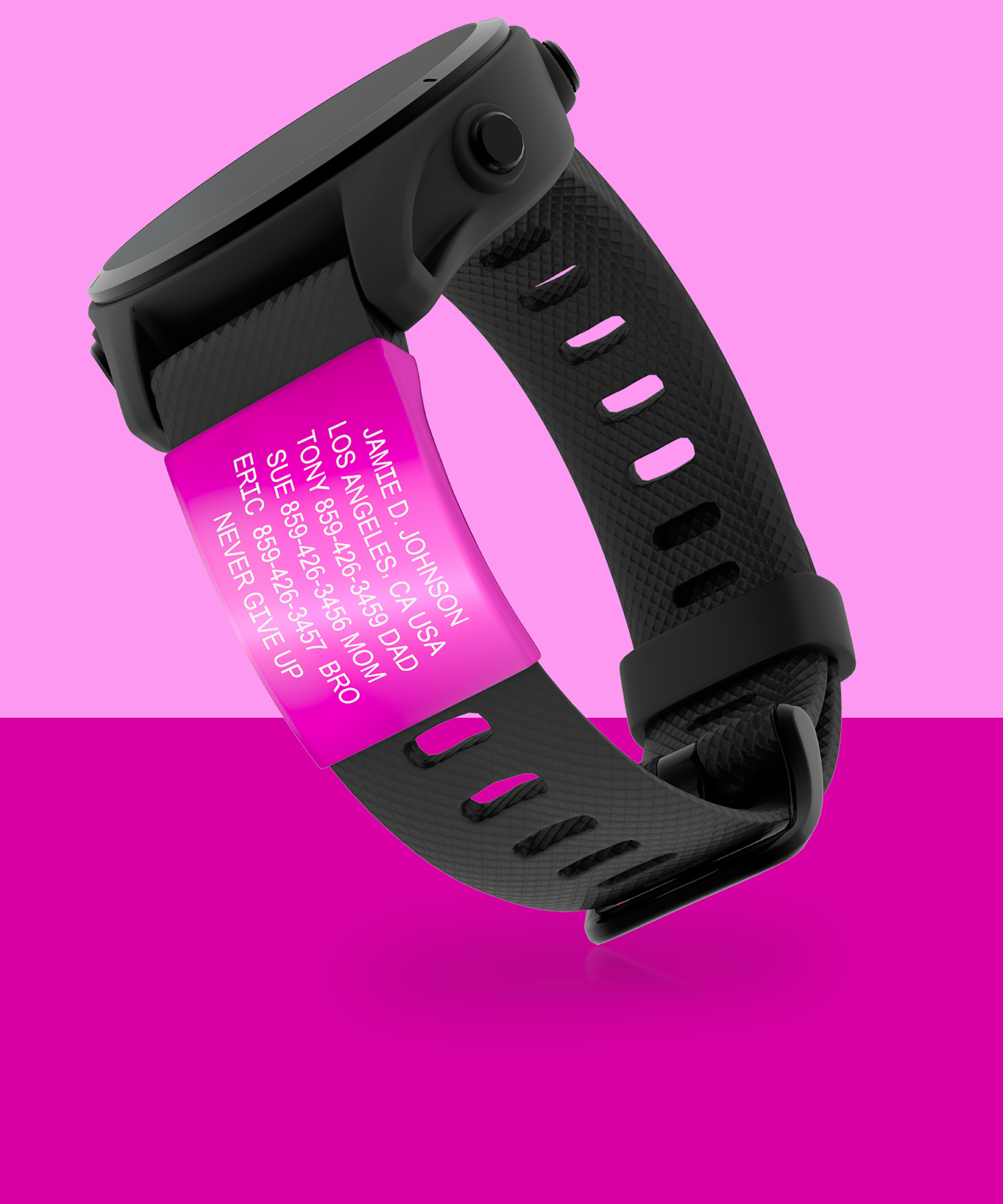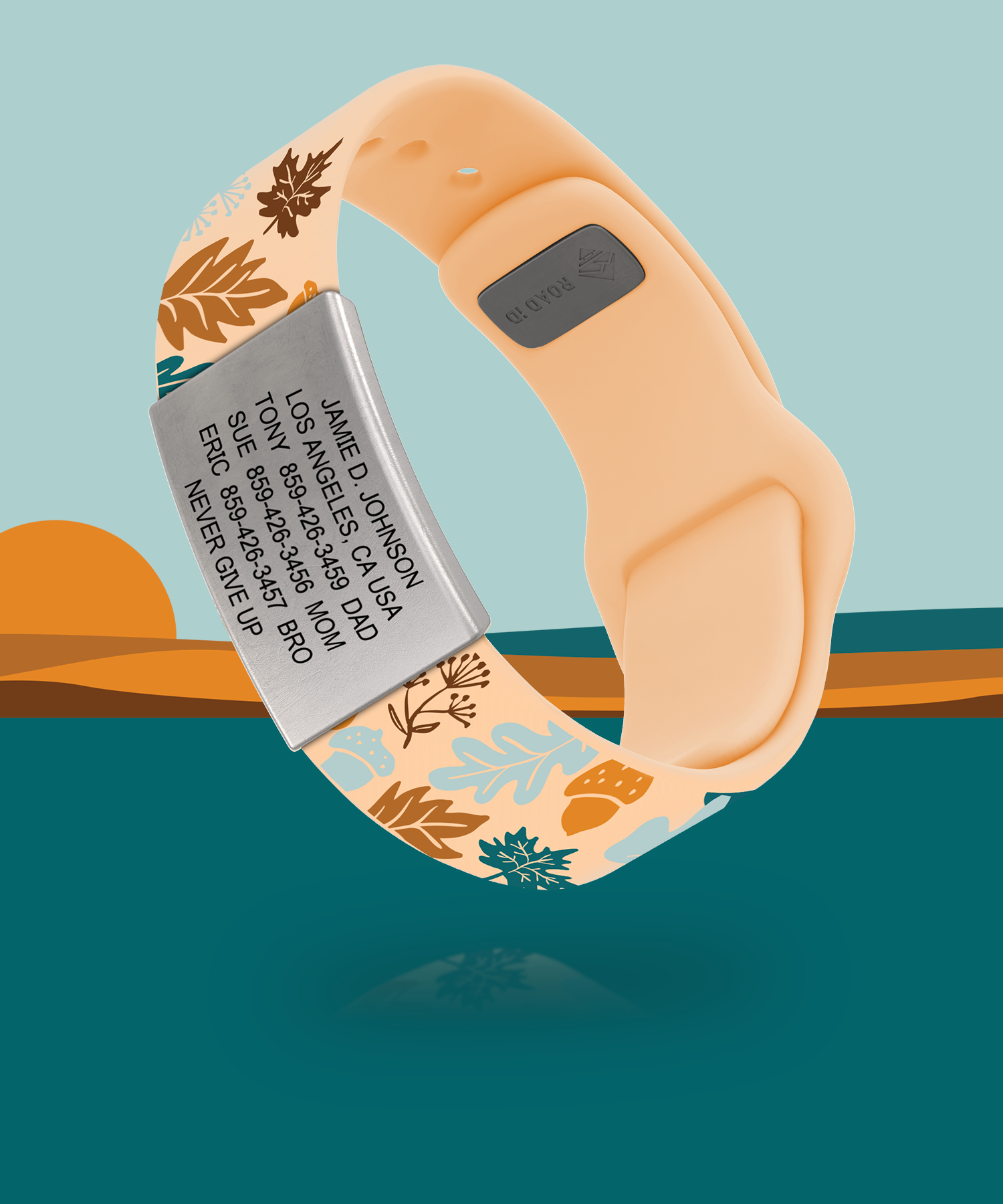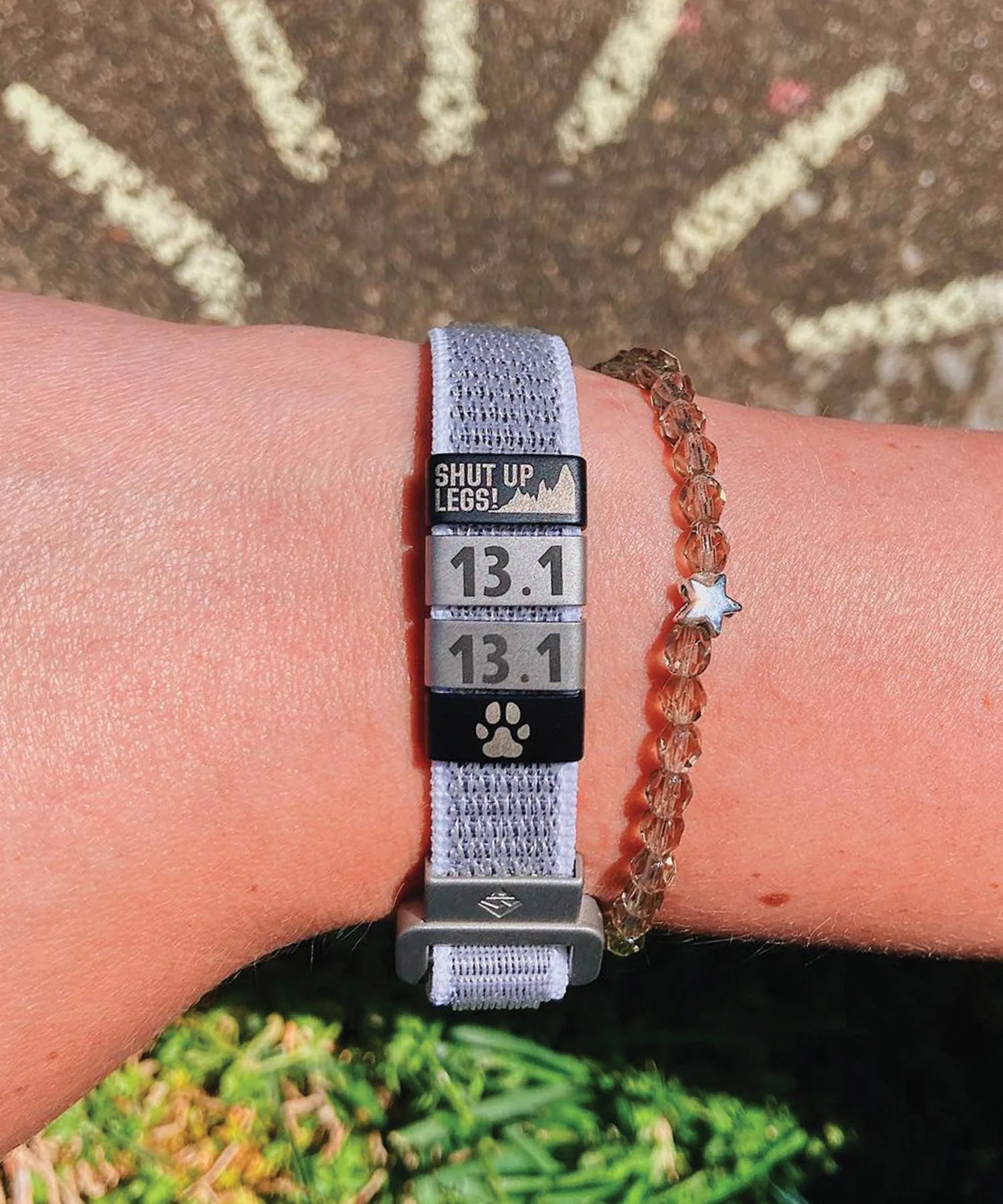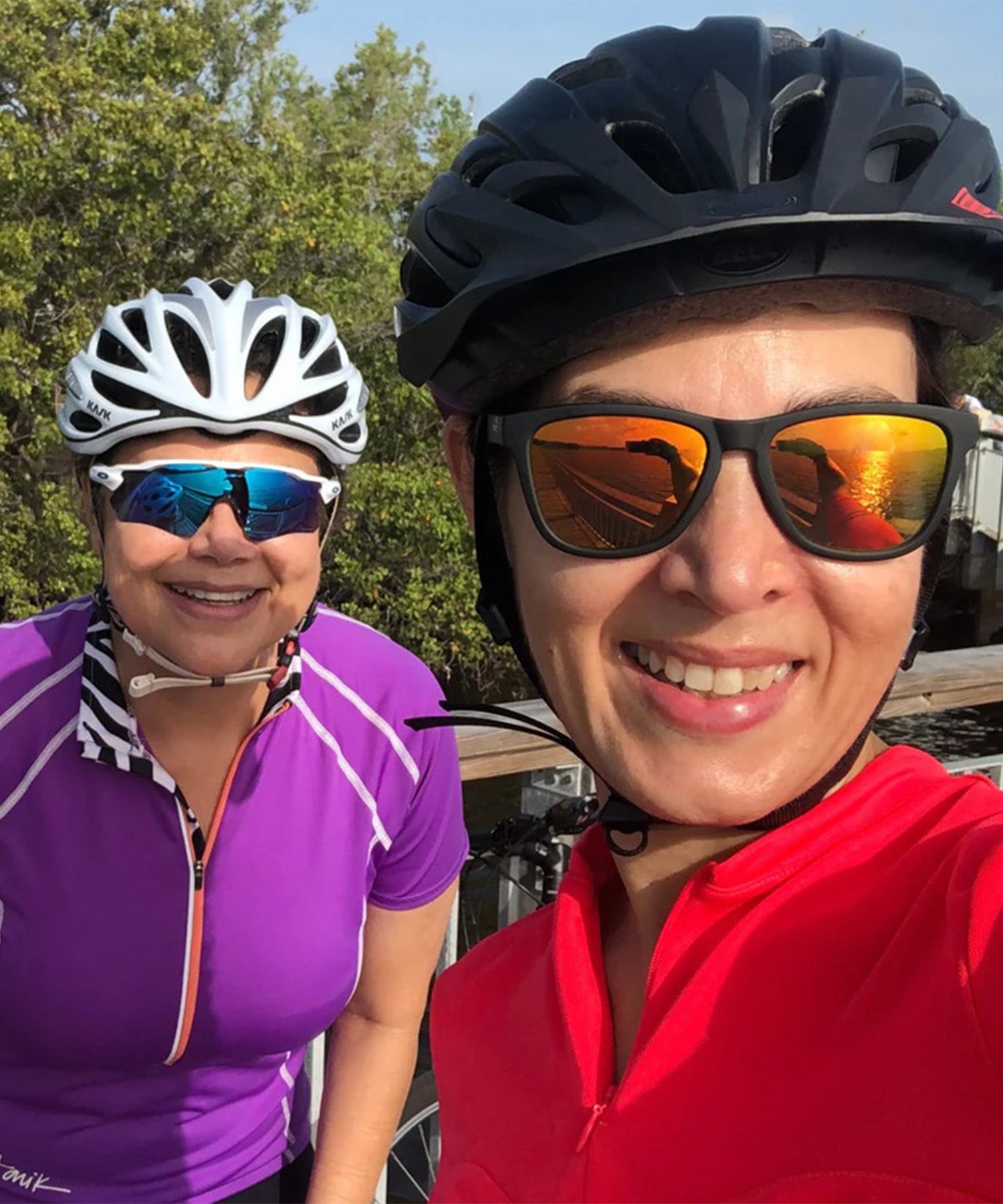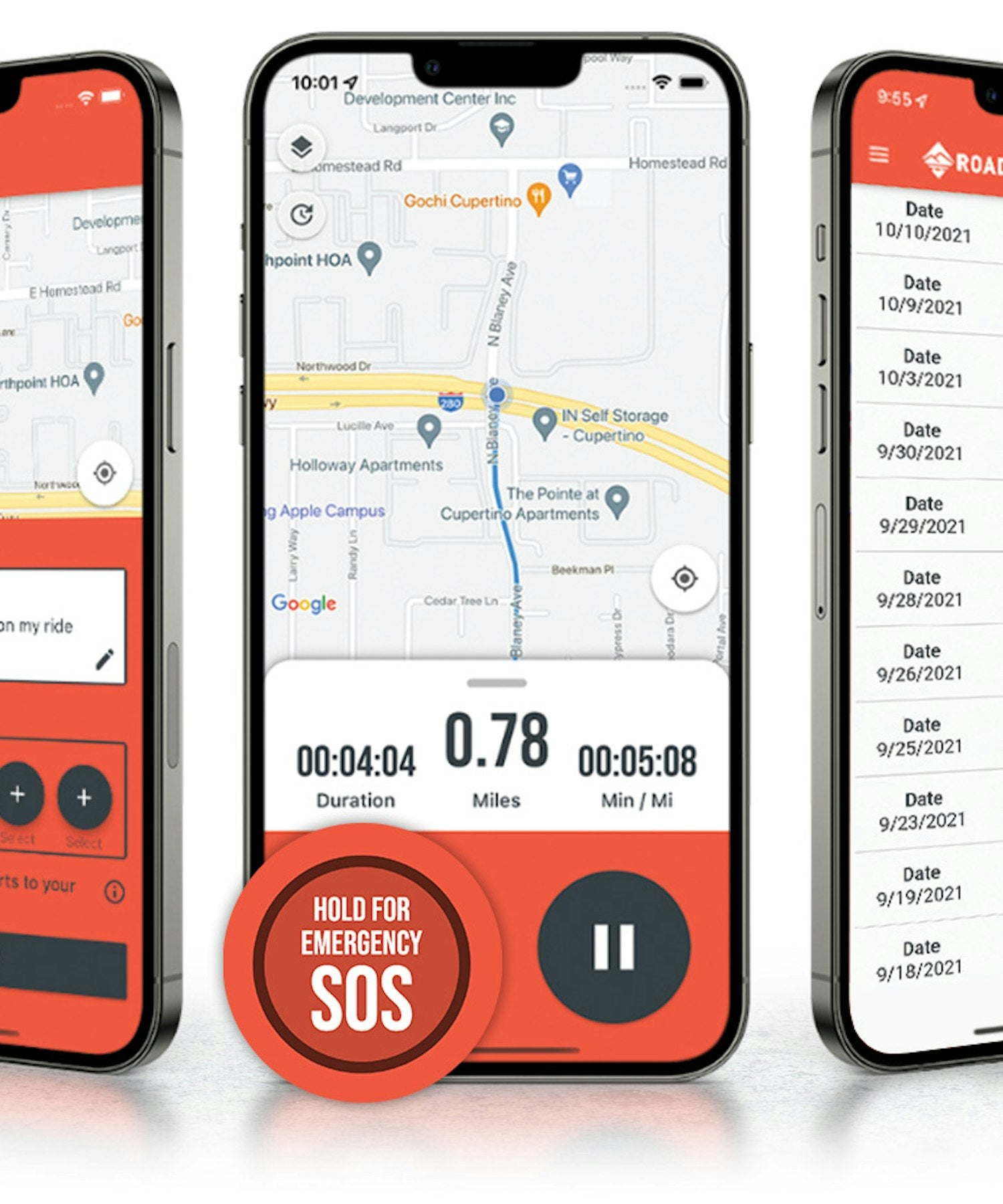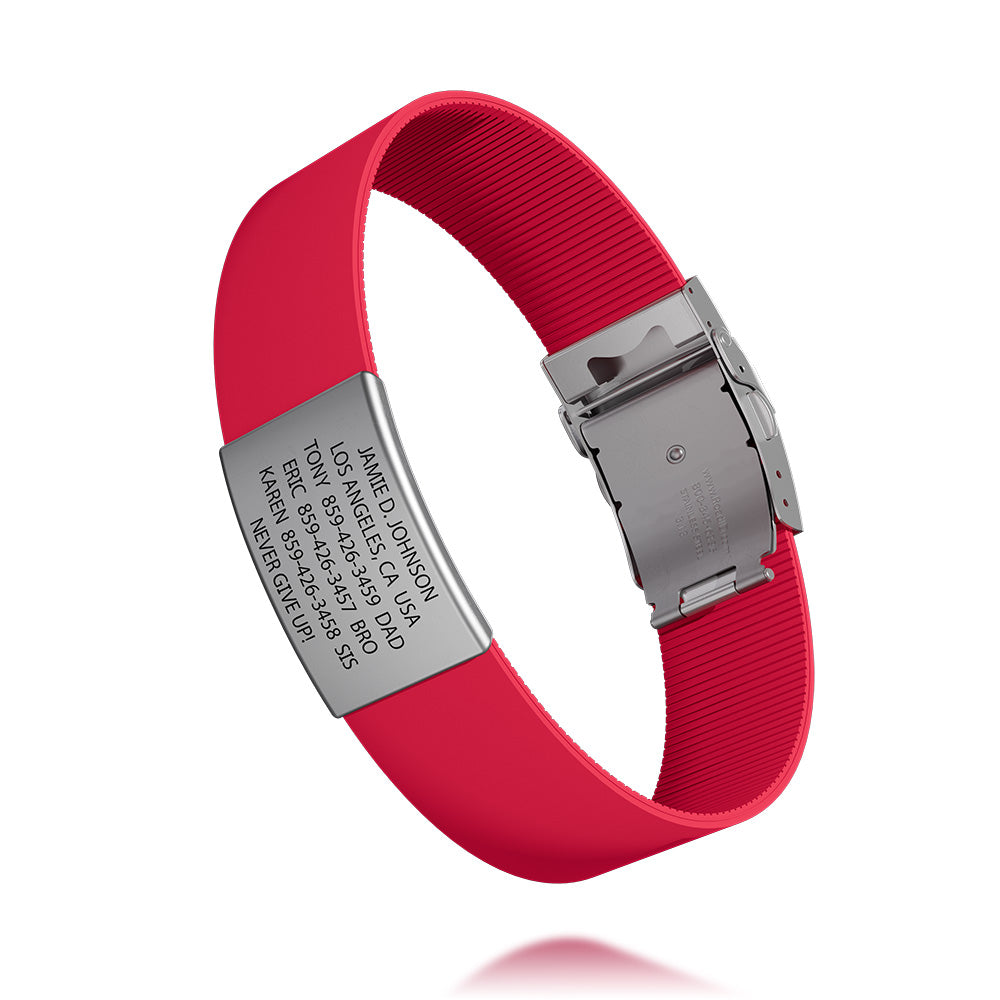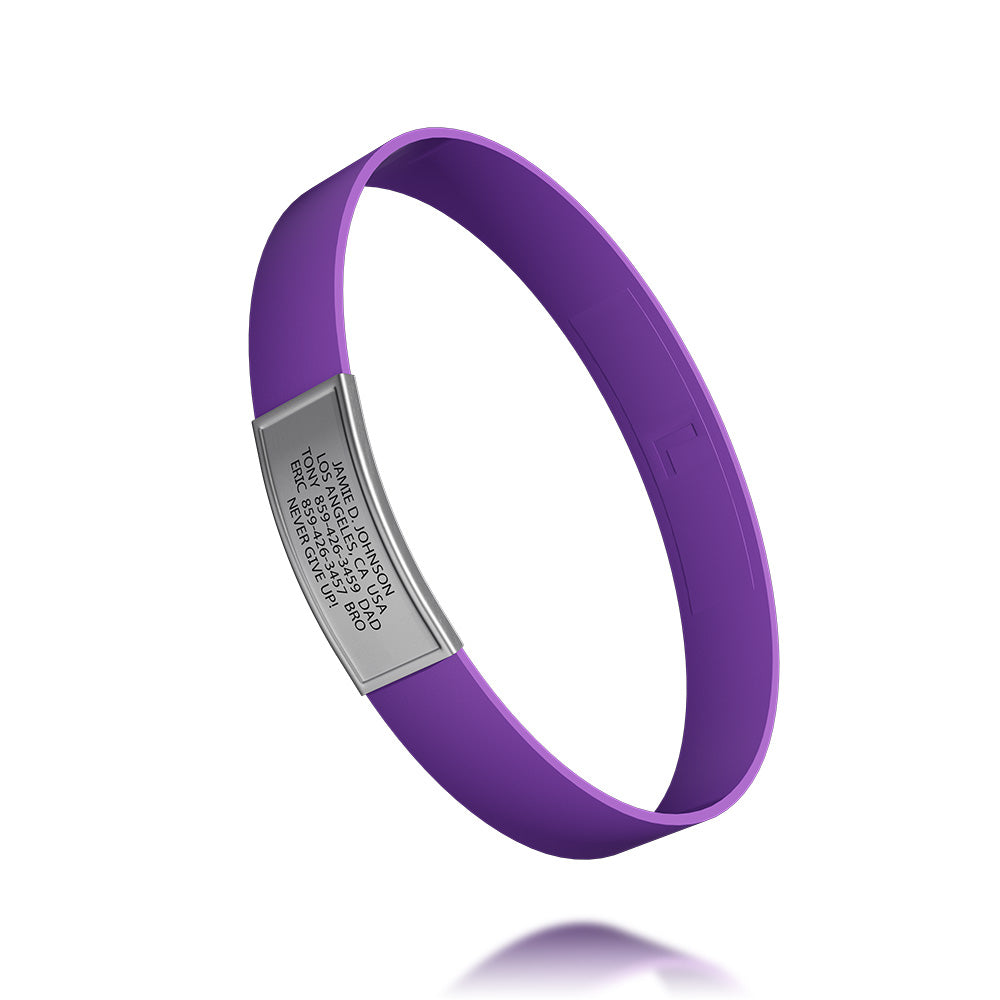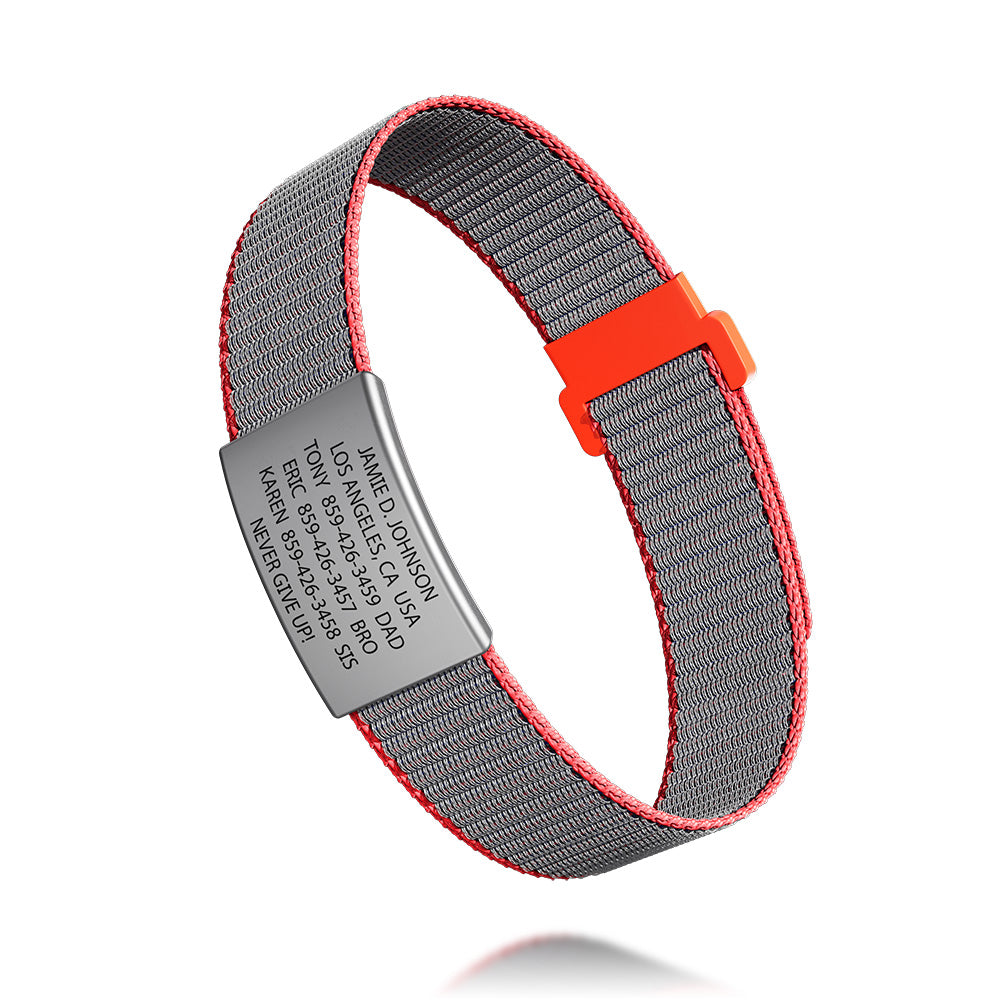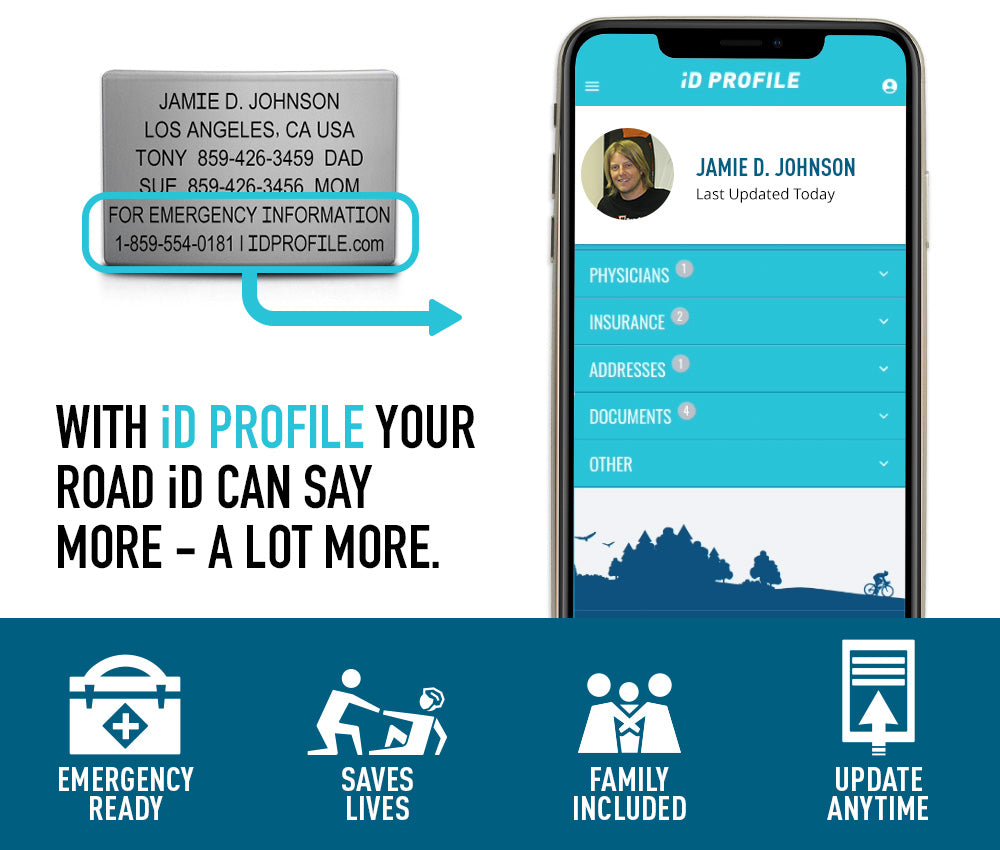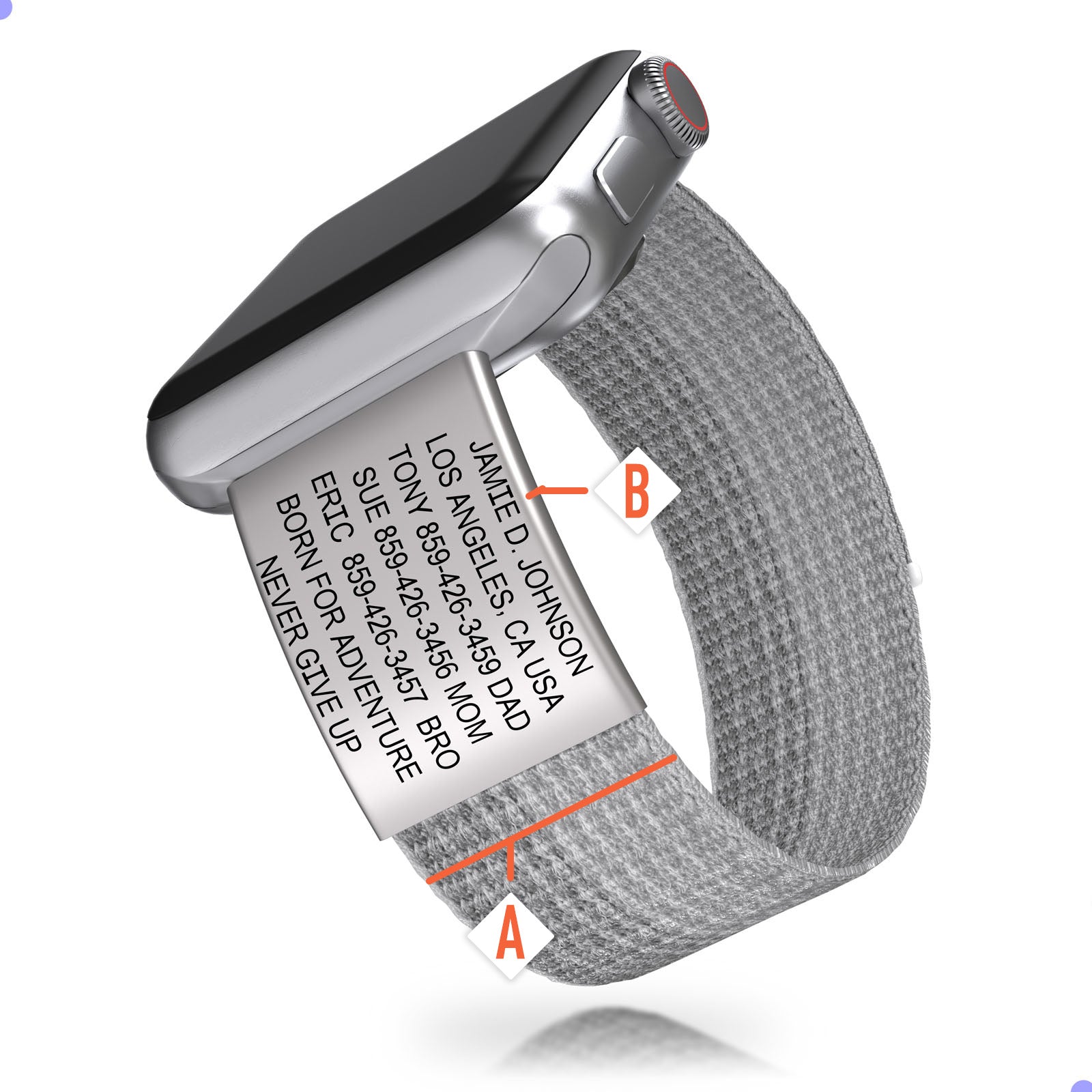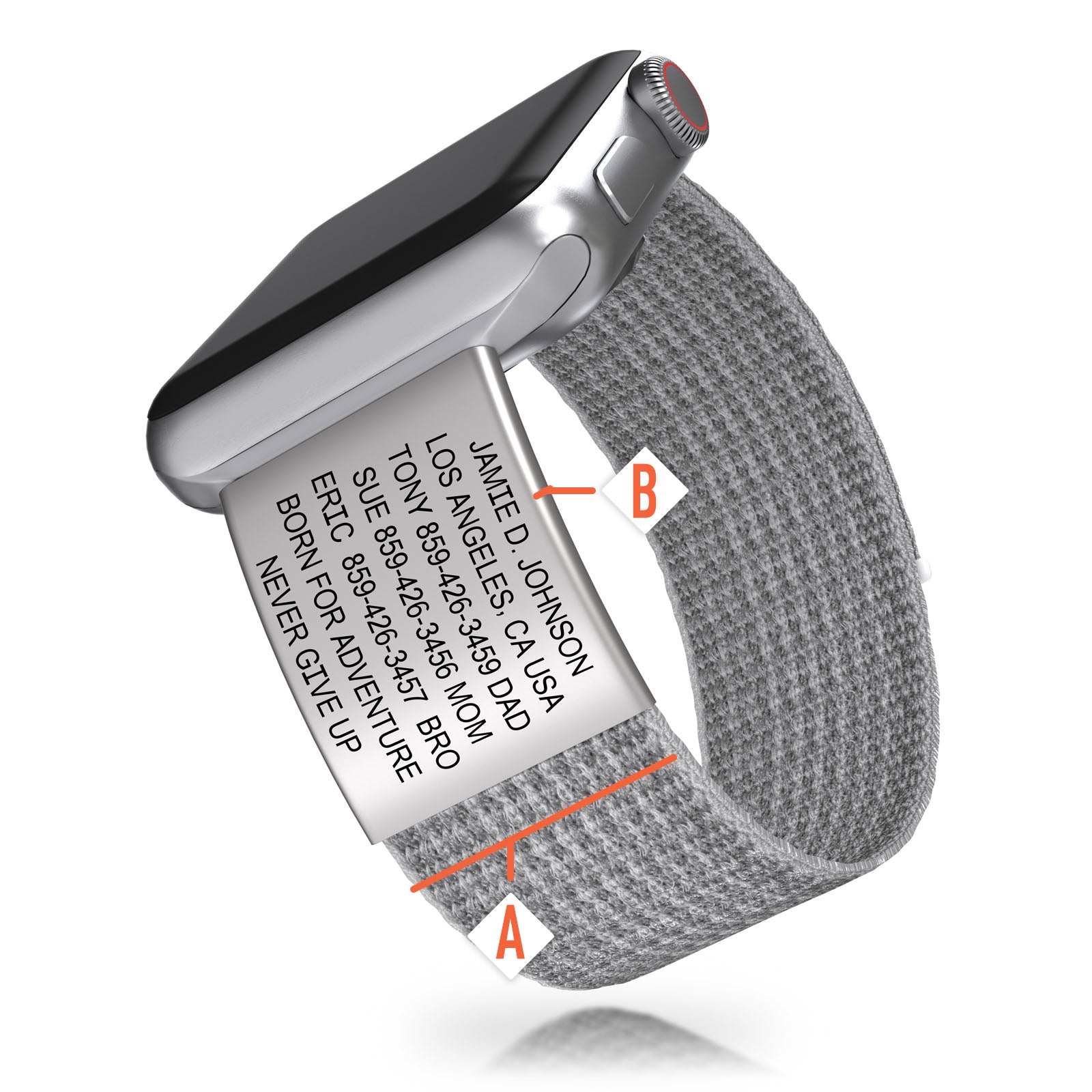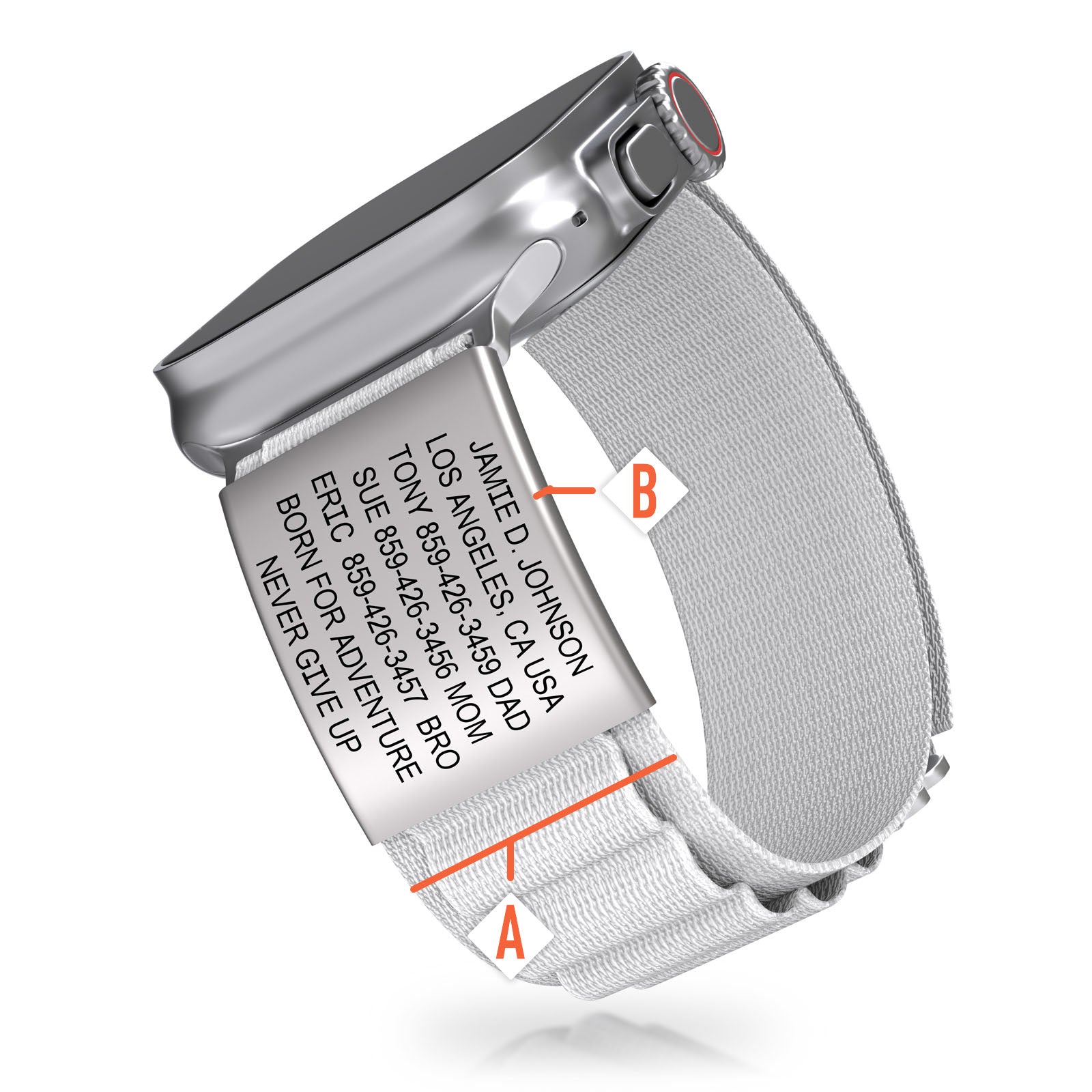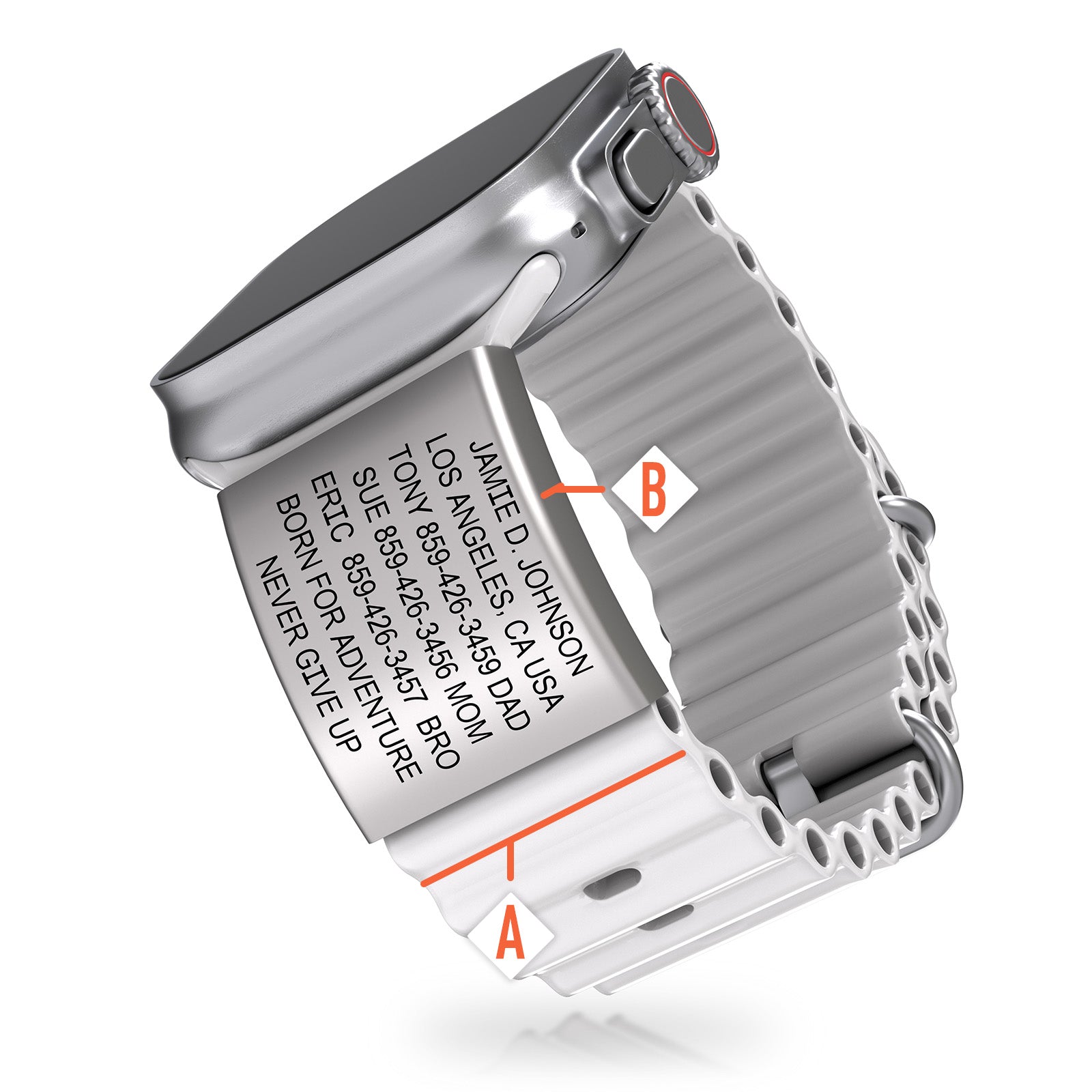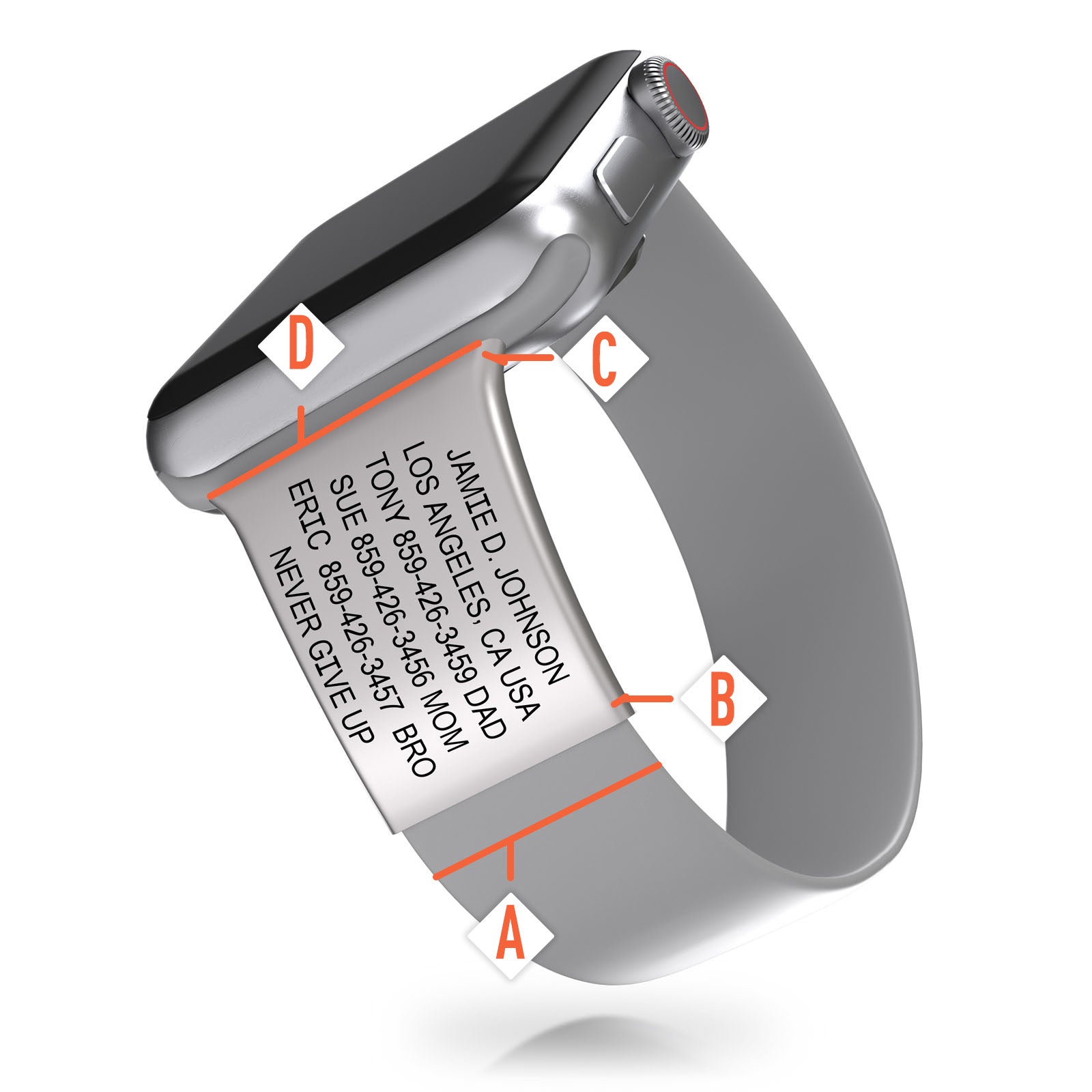Fifty-three-year-old Ken Ahlbrand of Indianapolis has a rewarding job and good friends. When he is not working, he enjoys walking, cycling, listening to jazz, and occasionally traveling abroad. In short, Ken has a great life. It's the kind of life that many strive to have and that some may take for granted. Until a day comes when all that we have worked for and all that we love is in jeopardy.
This is the story of how Ken's idyllic life unraveled over the course of a few days.
On a Friday in October 2017, Ken experienced a headache. He did what most of us do: he carried on and assumed this minor nuisance would go away on its own. He was somewhat shocked on Saturday that his head still ached. By Sunday, Ken thought to himself: "So this is what a migraine feels like."
On Monday morning, Ken "just knew" that he was not experiencing a migraine. His inner voice was telling him that something was very wrong. Since he was fairly new to the Indianapolis area, he called a friend and asked her for the location of a good urgent care facility. His friend, sensing his fear, said "Forget the urgent care. I am picking you up and taking you to the Emergency Room."
By the time Ken reached the ER, he was quickly losing his ability to communicate. He could no longer stand without assistance, he was confused, and he was experiencing vision problems. A nurse called his emergency contact. His contact yelled into the phone: "Check his bracelet! It will answer all of your questions."
Within a matter of minutes, the nurse was able to access all of the information stored in Ken's Emergency Response Profile (ERP) through Road ID. This included everything from Ken's medical history, doctors, medications, allergies, to the names and phone numbers of family members.
After extensive testing, Ken was diagnosed with Arteriovenous Malformation, commonly referred to as AVM. Ken underwent surgery to relieve the tangle of blood vessels in his brain. The doctor discovered that the AVMs had begun to hemorrhage, a potentially fatal condition. After surgery, Ken was hospitalized for eight days while he recovered.
Today, Ken is back to being himself. He continues his work at the Julian Center, a non-profit organization dedicated to helping men, women, and children who have experienced domestic abuse. He takes long walks, rides his bike, listens to jazz and travels. When he travels, he updates his ERP to reflect his hotel and flight information. He feels secure in knowing that if something happens to him when he is out of the country, his Road ID will help in locating his hotel and his travelling companions.
That lost weekend in October feels like a distant dream (or nightmare) to Ken. He credits his friend who took him to the ER and his ROAD iD with saving his life. He is never without his Road ID, whether he is at work, home or traveling. Ken has a good life, and his ROAD iD makes him feel secure as he lives it.
